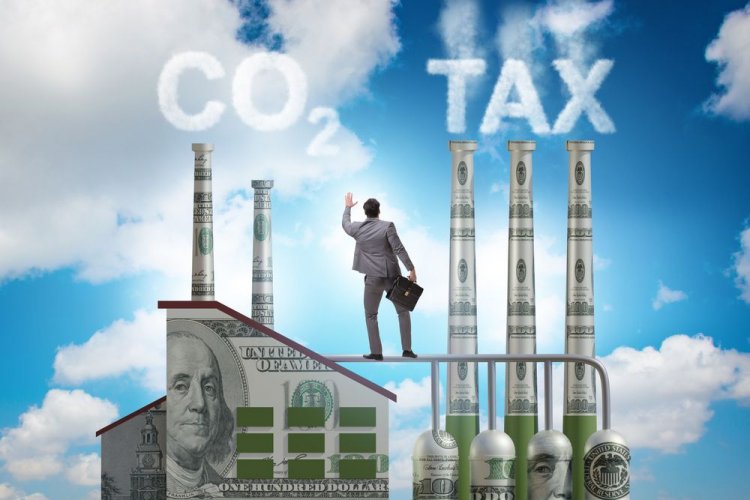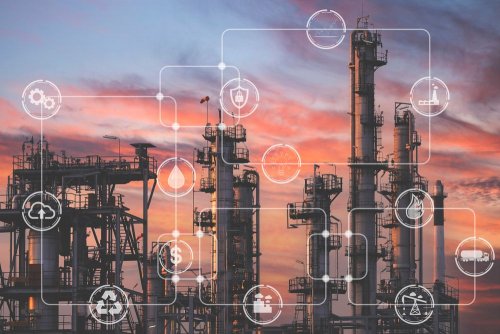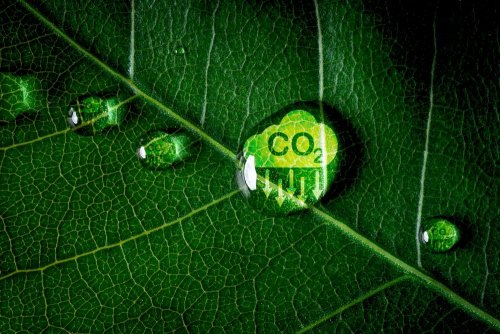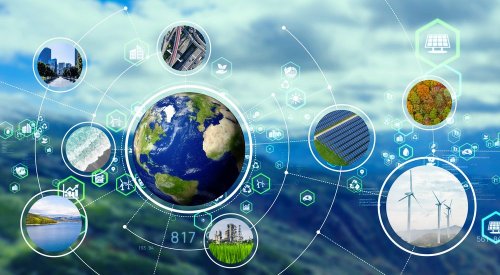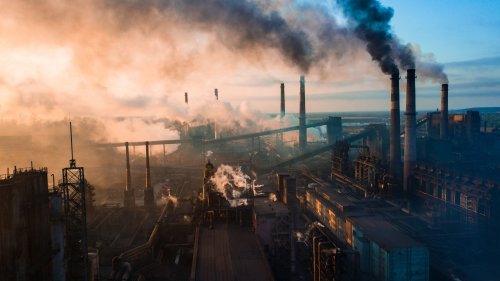Entrepreneurs have been urged to align their business models with the new EU carbon tax (CBAM) requirements, which will come into force from 2023.
After all, CBAM will have a significant impact on business and will require significant training, it is reported international network KPMG AG.
CBAM will cover:
- iron and steel;
- cement;
- fertilizers;
- electricity;
- hydrogen;
- aluminum.
The authors emphasized that companies importing goods covered by the CBAM and manufactured outside the EU will have to assess the emissions embedded in their products and purchase CBAM certificates. Such certificates are equivalent to emission permits of the EU ETS system. Businesses will also be required to register and report to CBAM.
To prepare for the launch of CBAM, KPMG experts advise:
- assess the supply chain to identify links that will be subject to CBAM;
- to prepare for CBAM registration, namely to determine which legal entity will be the authorized declarant for import;
- review CBAM measurement and reporting data, including embedded carbon emissions from suppliers and the need to implement emissions verification systems;
- prepare for CBAM reporting.
The article emphasized that for the development of enterprises, it is necessary to focus on the analysis of carbon pricing and conduct measures within the framework of the tax planning strategy and consider possible optimizations for the transformation of the global supply chain.
KPMG experts also named CBAM challenges that companies may face:
- enterprises responsible for the import of CBAM goods obtained from production sites outside the EU will need to ensure the collection of relevant data on embedded emissions from their suppliers;
- implementing a methodology for measuring and calculating embedded emissions can be quite complex if production is spread across different jurisdictions with different carbon taxes and policies;
- it is necessary to carefully check the processes and monitor the emission indicators of its supply chain, as well as the methodology for calculating emissions and its quality;
- taking into account the impact of emissions as part of production costs and ensuring a sustainable pricing model.
Earlier, EcoPolitic wrote, that the EU negotiators reached an agreement on CBAM (carbon border adjustment mechanism), which, among other goods, will cover the import of hydrogen.
As EcoPolitic previously reported, a mechanism for adjusting carbon borders was recently agreed upon in the EU (CBAM) can slow down rather than driving global decarbonisation efforts.

